A very interesting study came out today that focuses on the collection and submission of student data in the case of school applications, according to which Android programs send roughly 8x more data to questionable third parties than iOS. New information has continued to emerge describing the current global chip shortage. This should negatively affect iPad and Mac sales in the third quarter. According to this new report, Apple can rest easy for the time being, as this crisis will not affect it in the second quarter.
It could be interest you
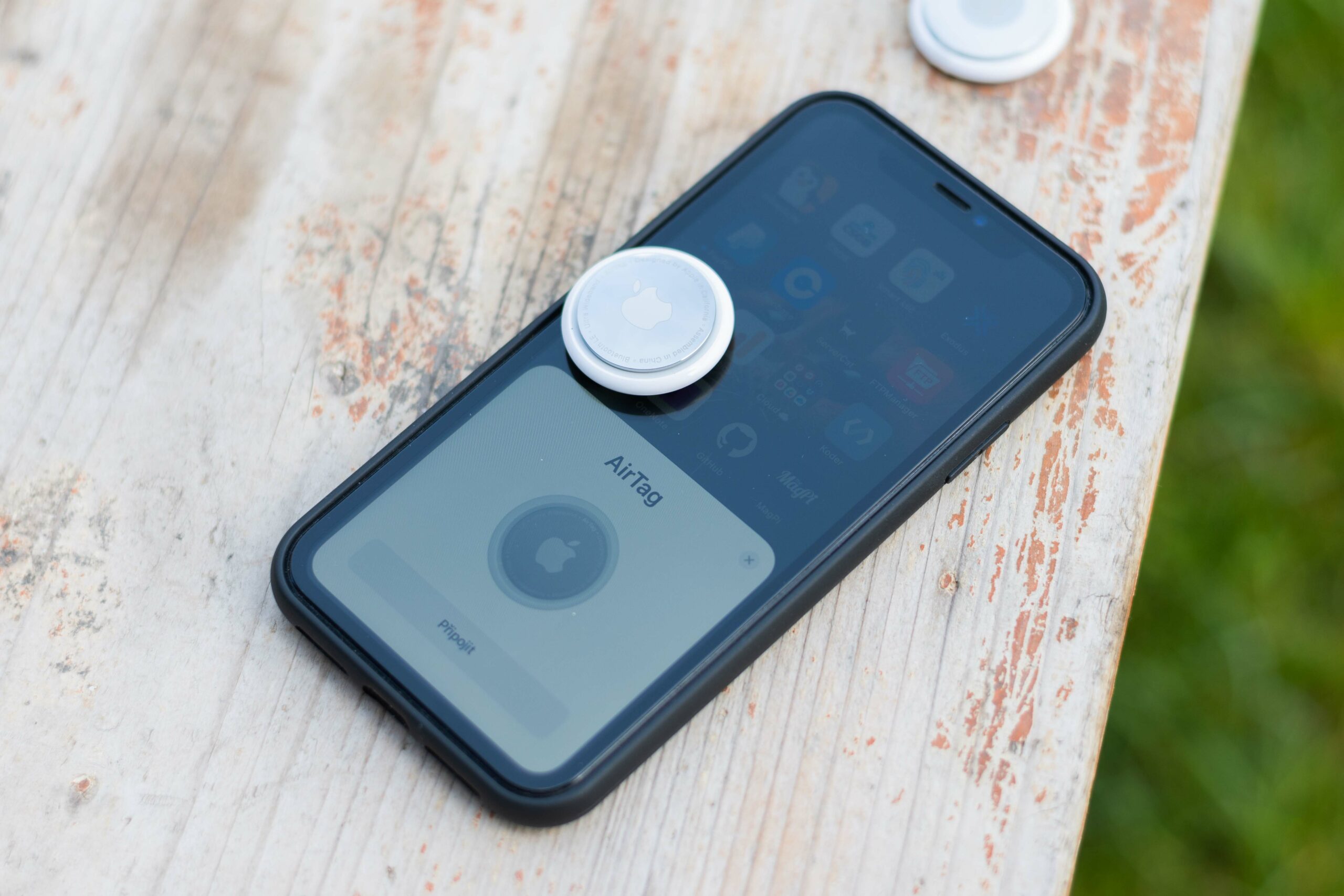
Android apps send 8x more data to questionable third parties than iOS
New study shed light on student privacy, specifically on how much data apps used in schools send to third parties. The entire survey was carried out by the non-profit organization Me2B Alliance, whose goal is to promote respectful treatment of people through technology. A random sample of 73 mobile applications used in 38 schools was used for the purposes of the study. With this, they were able to cover roughly half a million people, mainly students, but also their families and teachers. The result was then quite surprising. The vast majority of apps send data to third parties, with Android programs sending 8x more data to extremely risky targets than iOS.
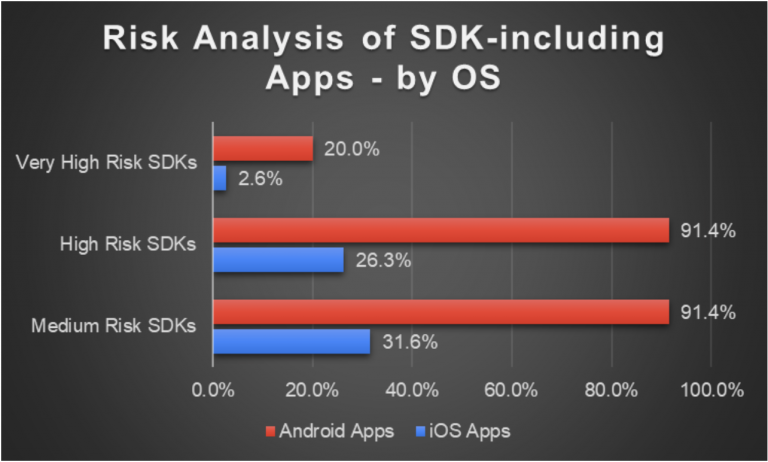
Data for both platforms should be sent by 6 out of 10 apps, with each sending this data to about 10,6 destinations. As we mentioned above, Android is much worse off. Let's look at it specifically. 91% of Android apps send student data risky targets, while 26% on iOS and 20% of Android apps send data highly risky targets, for iOS it is 2,6%. The creators of the study, Me2B, subsequently added that the easy salvation is App Tracking Transparency, or the novelty that iOS 14.5 finally brought us. This is a new rule where applications must explicitly ask for consent, whether they can track users across other applications and websites. In any case, the organization adds that even this innovation cannot ensure 100% security.
iPads don't have to worry about a global chip shortage (for now).
Currently, the world outside of pandemics is plagued by another problem, which is the global shortage of chips. Until now, a considerable amount of various reports have swept through the Internet, according to which this problem will affect Apple sooner or later, and we can therefore count on a shortage on the supply side. After all, this was also indicated by the director of Apple, Tim Cook, during a call with investors, according to which a drop in sales is expected in the third quarter of this year, which will be caused precisely by the lack of chips. This statement goes hand in hand with today's message, according to which there is no threat of this problem in the second quarter. Anyway, the report only mentions iPad shipments.
Let's recall the introduction of the iPad Pro with the M1 chip:
For now, this unpleasant situation has only partially affected the tablet market, but it can be expected that it will soon spread to other industries. Unknown manufacturers, or so-called "white-box" sellers who produce their own tablets without any brand, are the worst off. So for now, Apple may be troubled by another problem, namely its new iPad Pro, namely the 12,9″ variant. The latter offers a Liquid Retina XDR display based on mini-LED technology, which is expected to lack components and slow down the offer.
It could be interest you
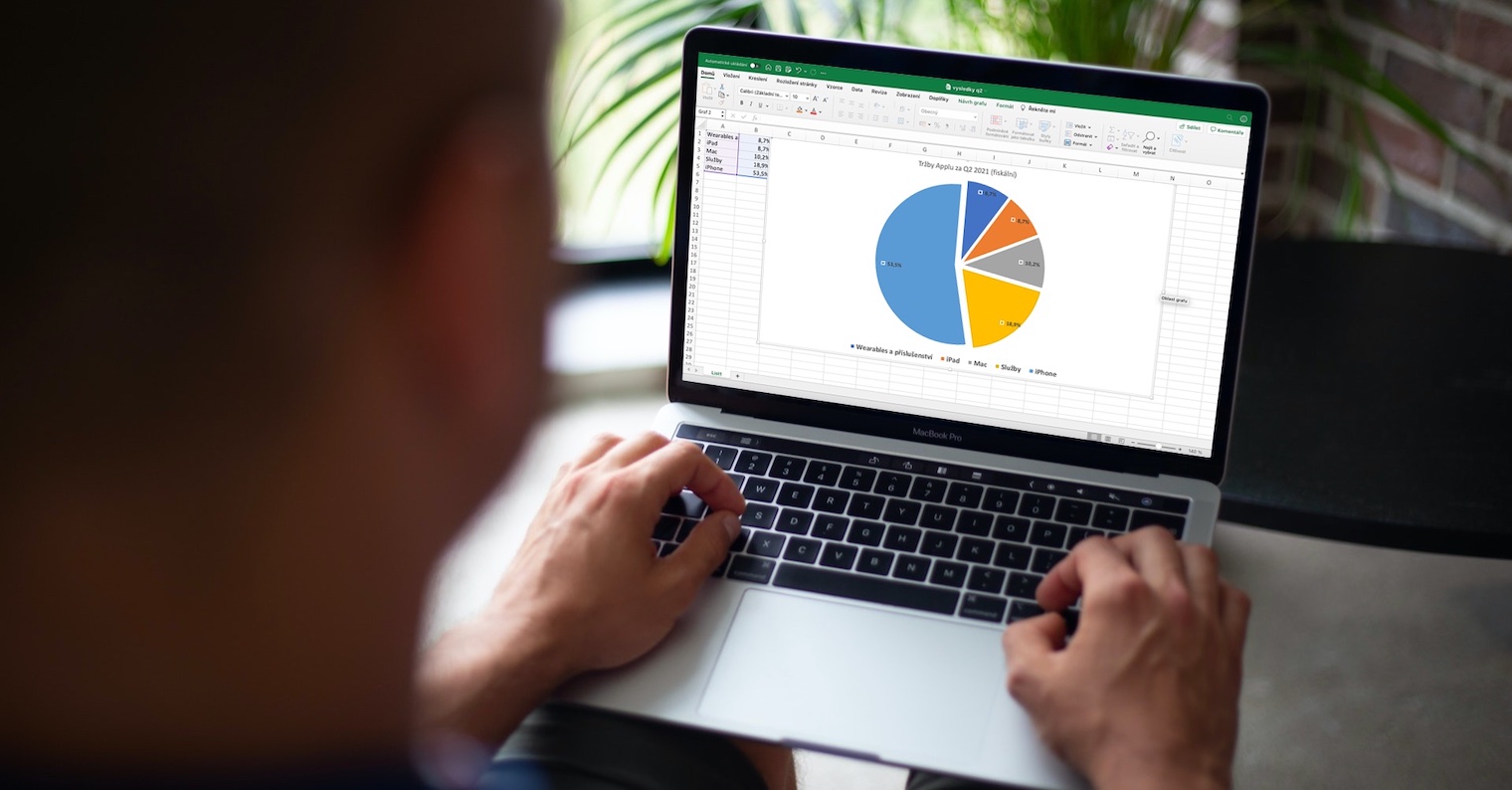
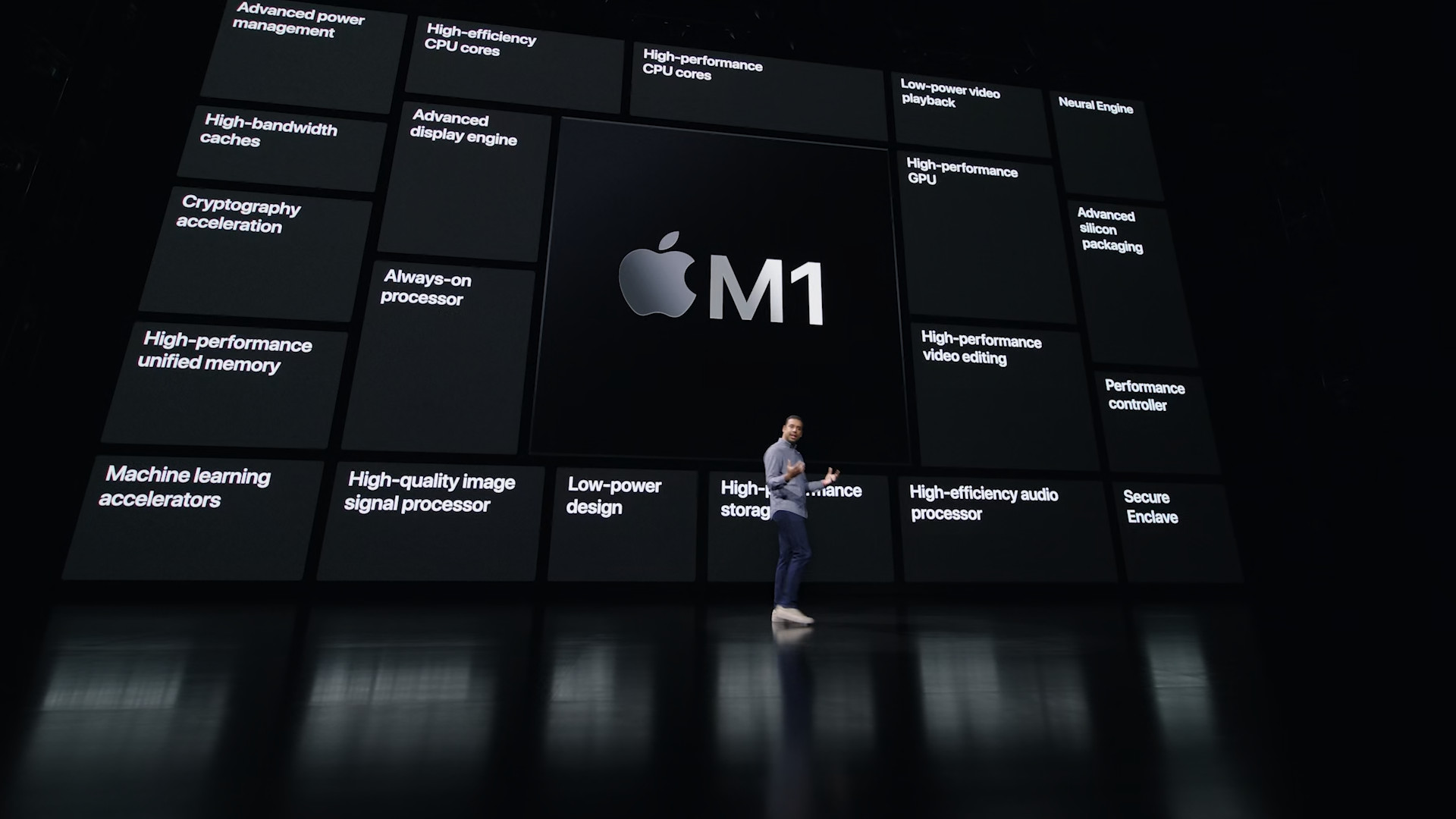
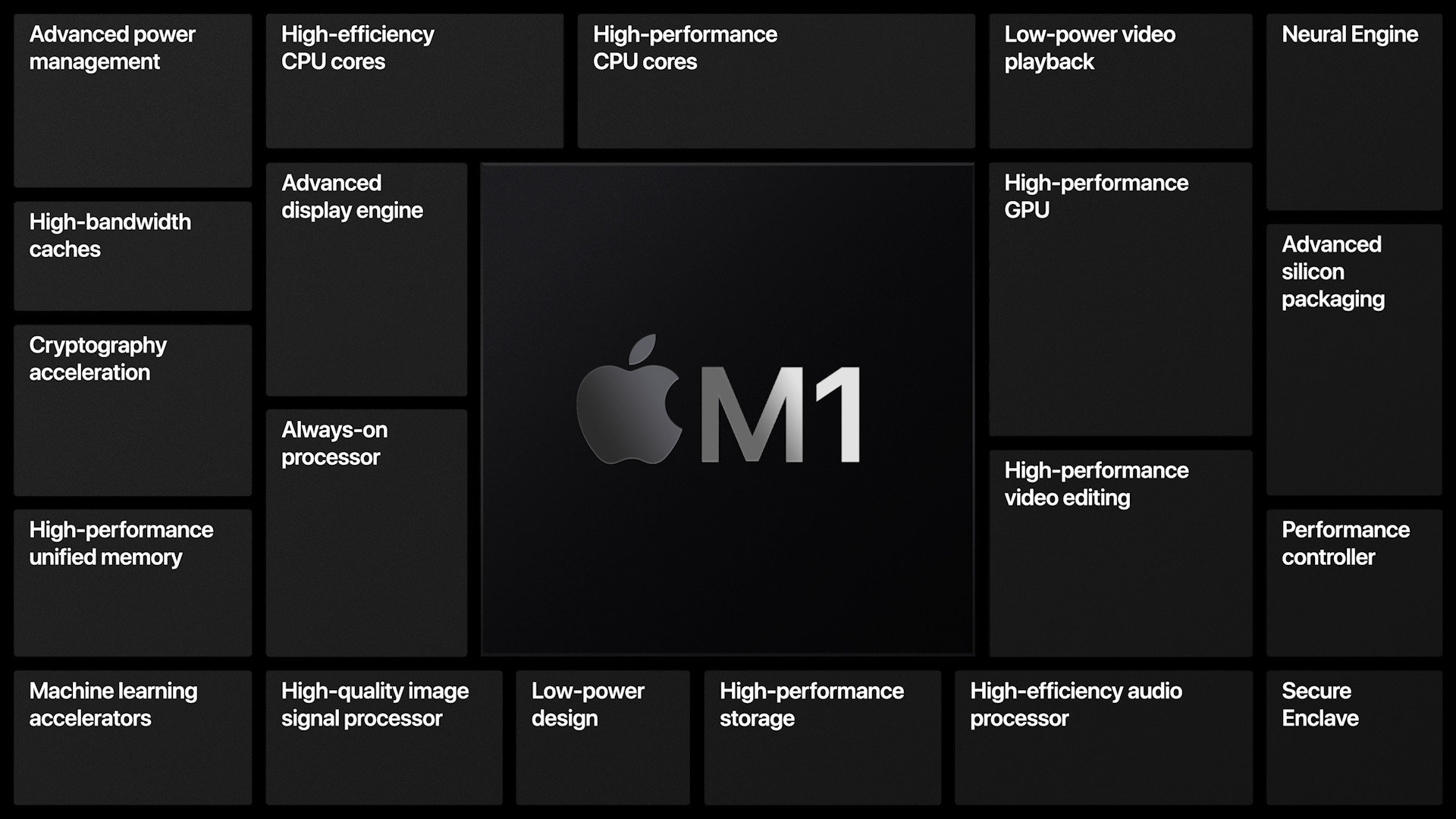
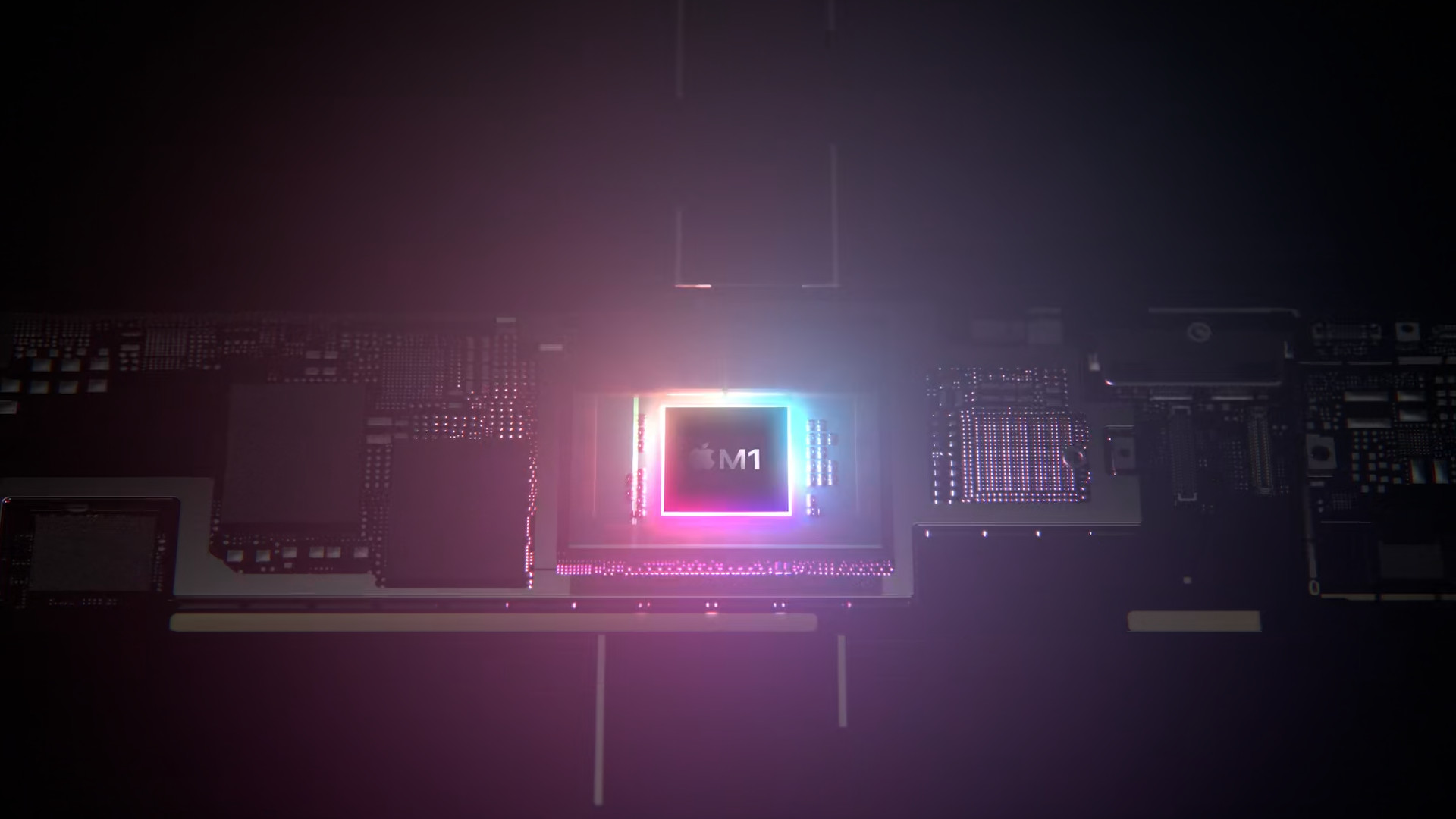

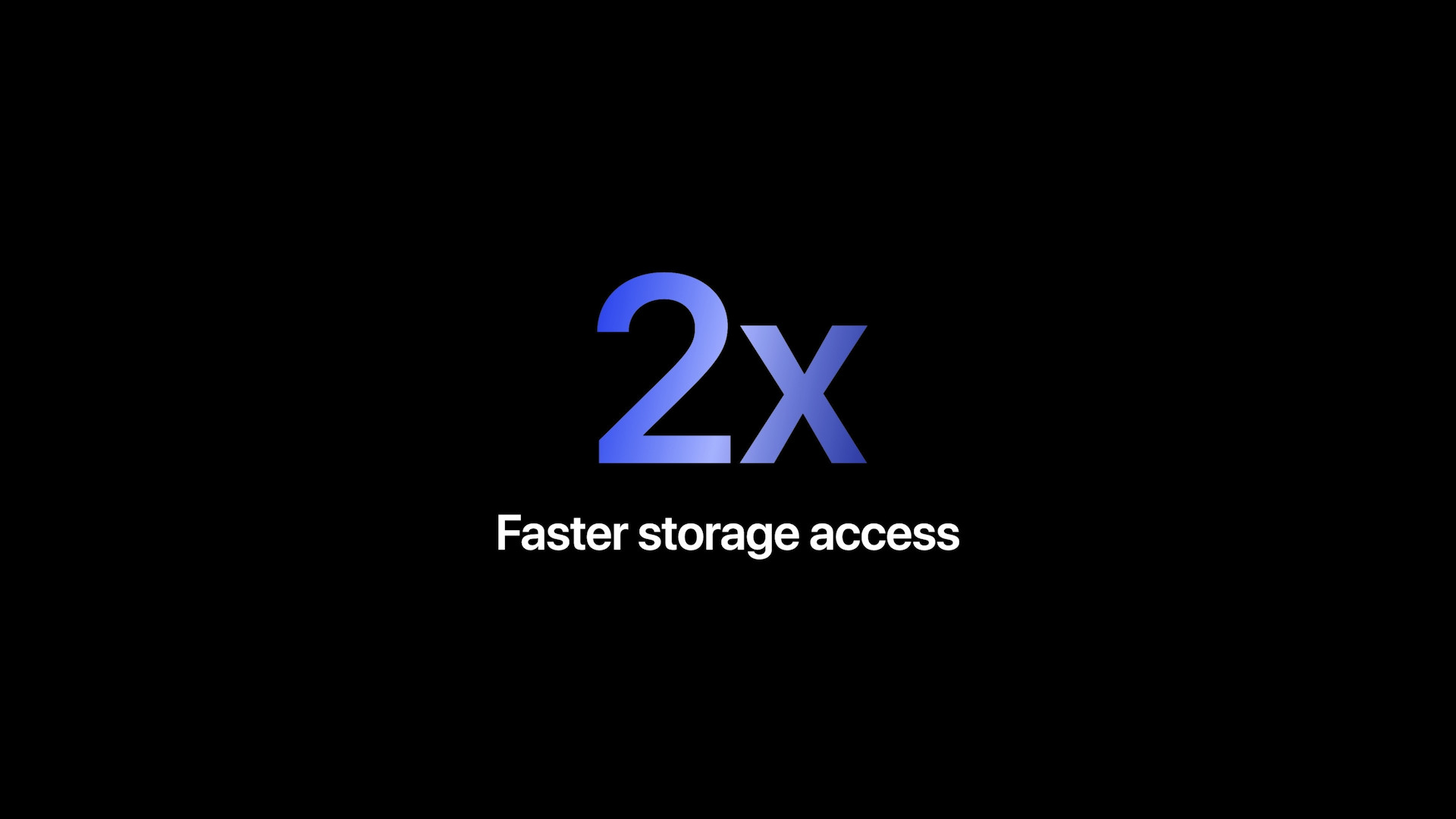
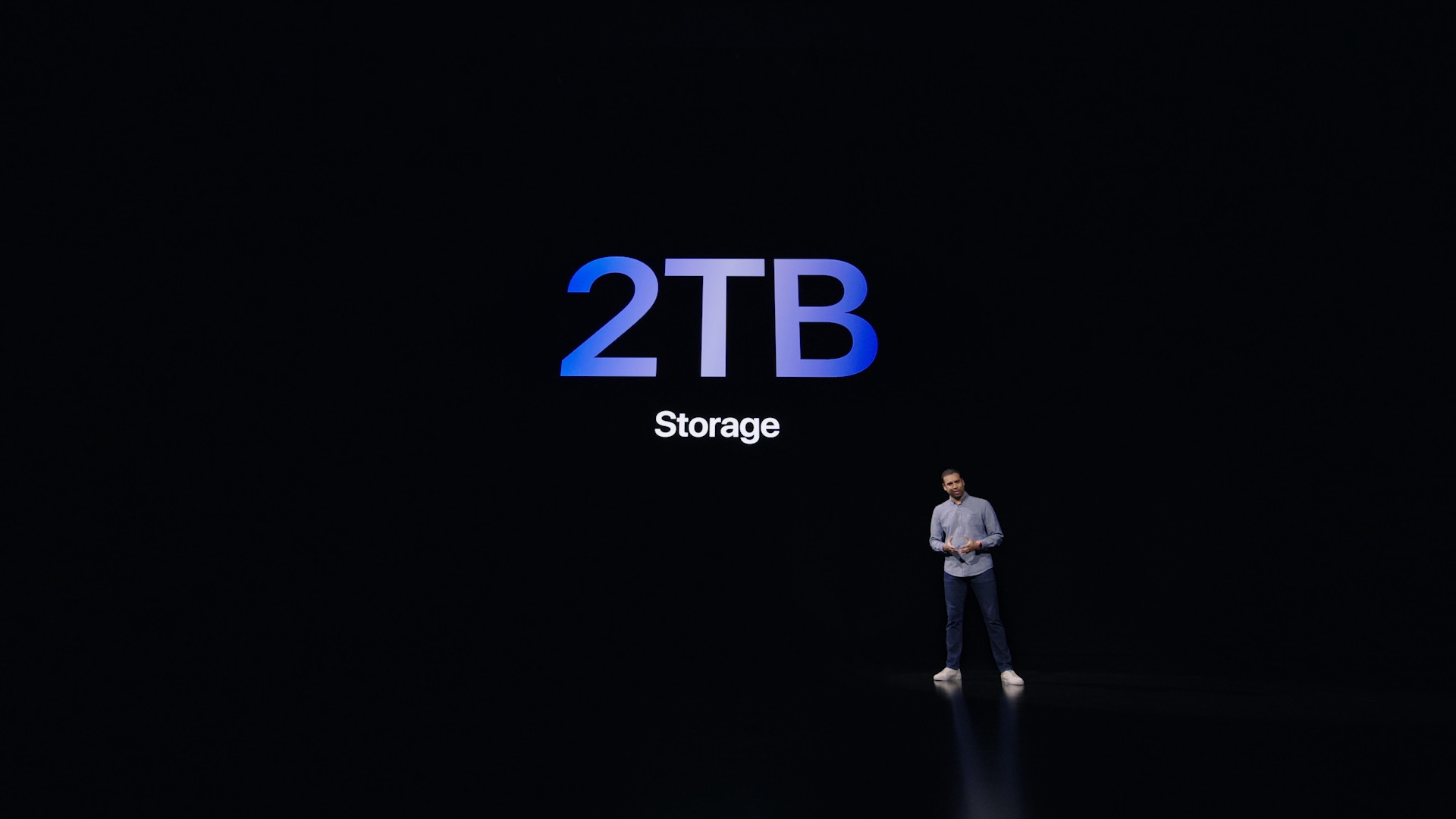

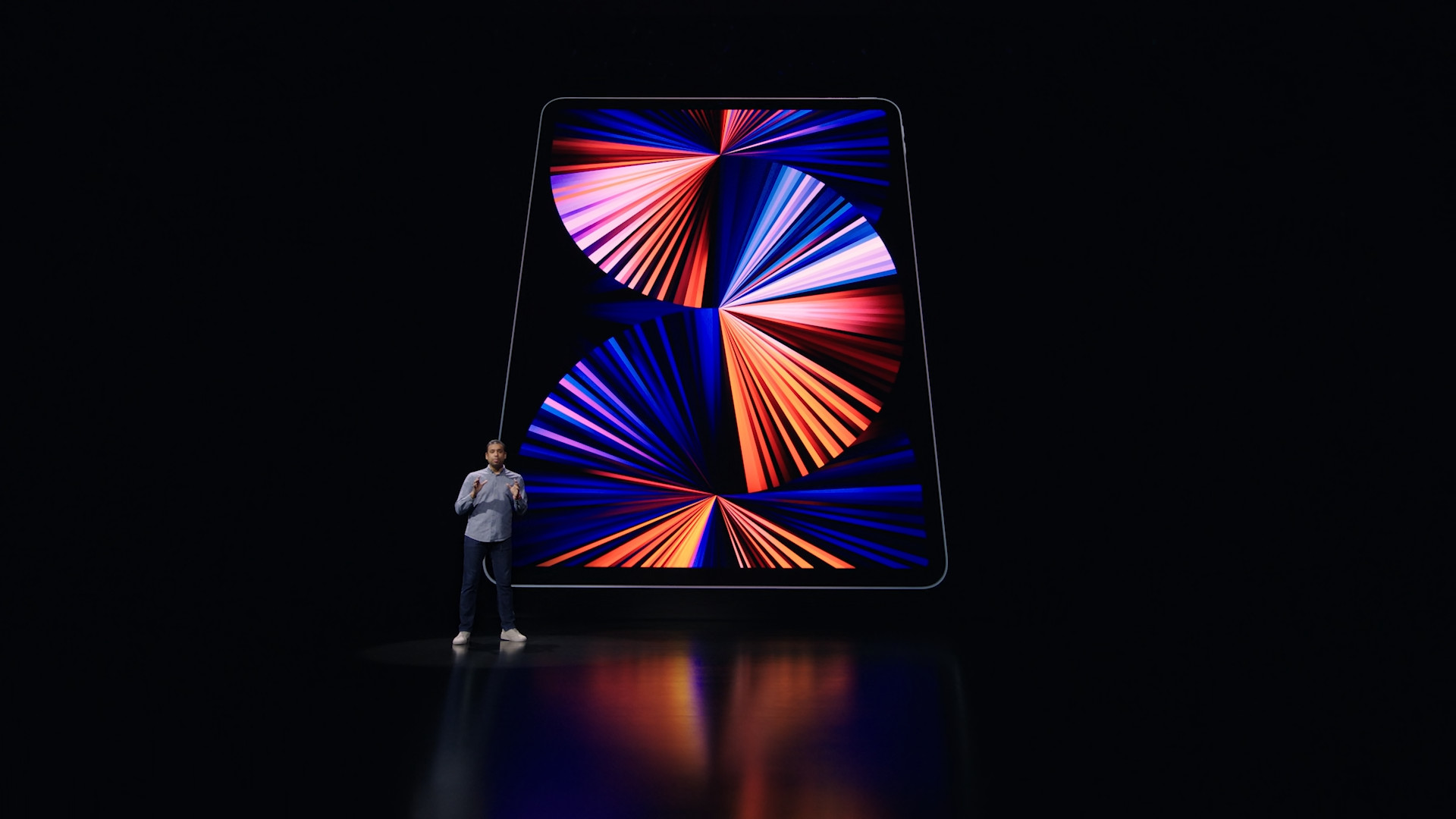


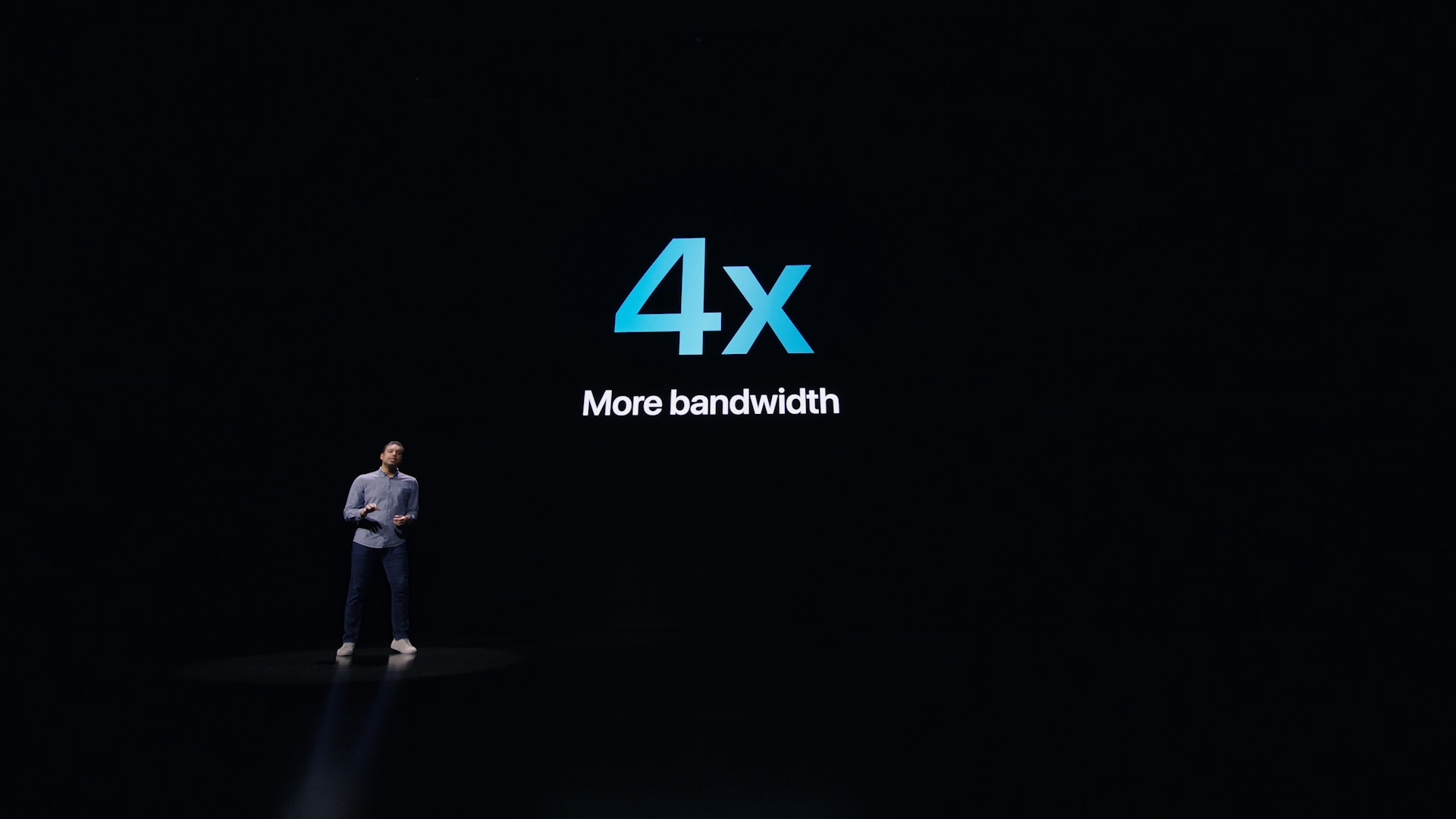

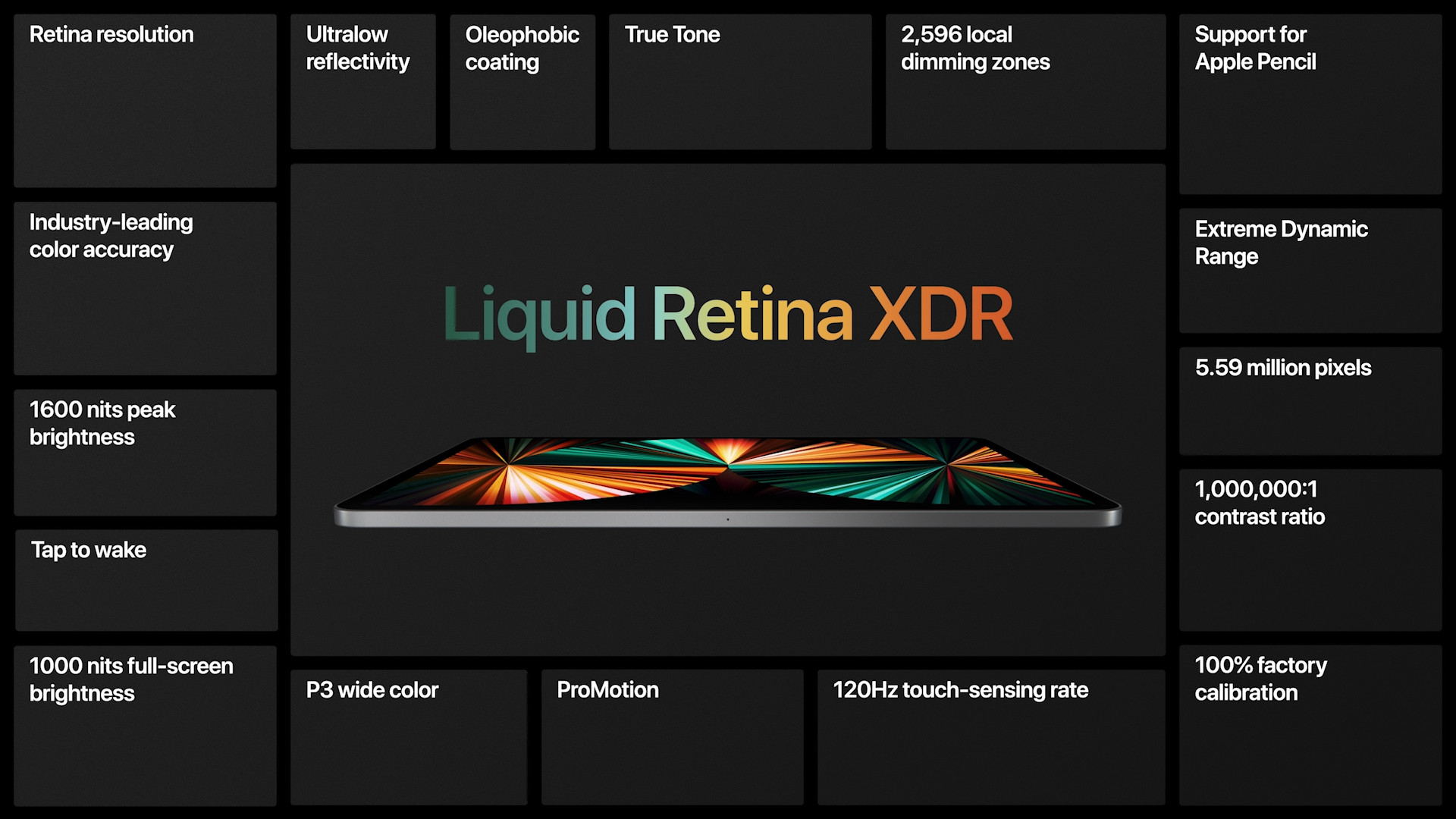
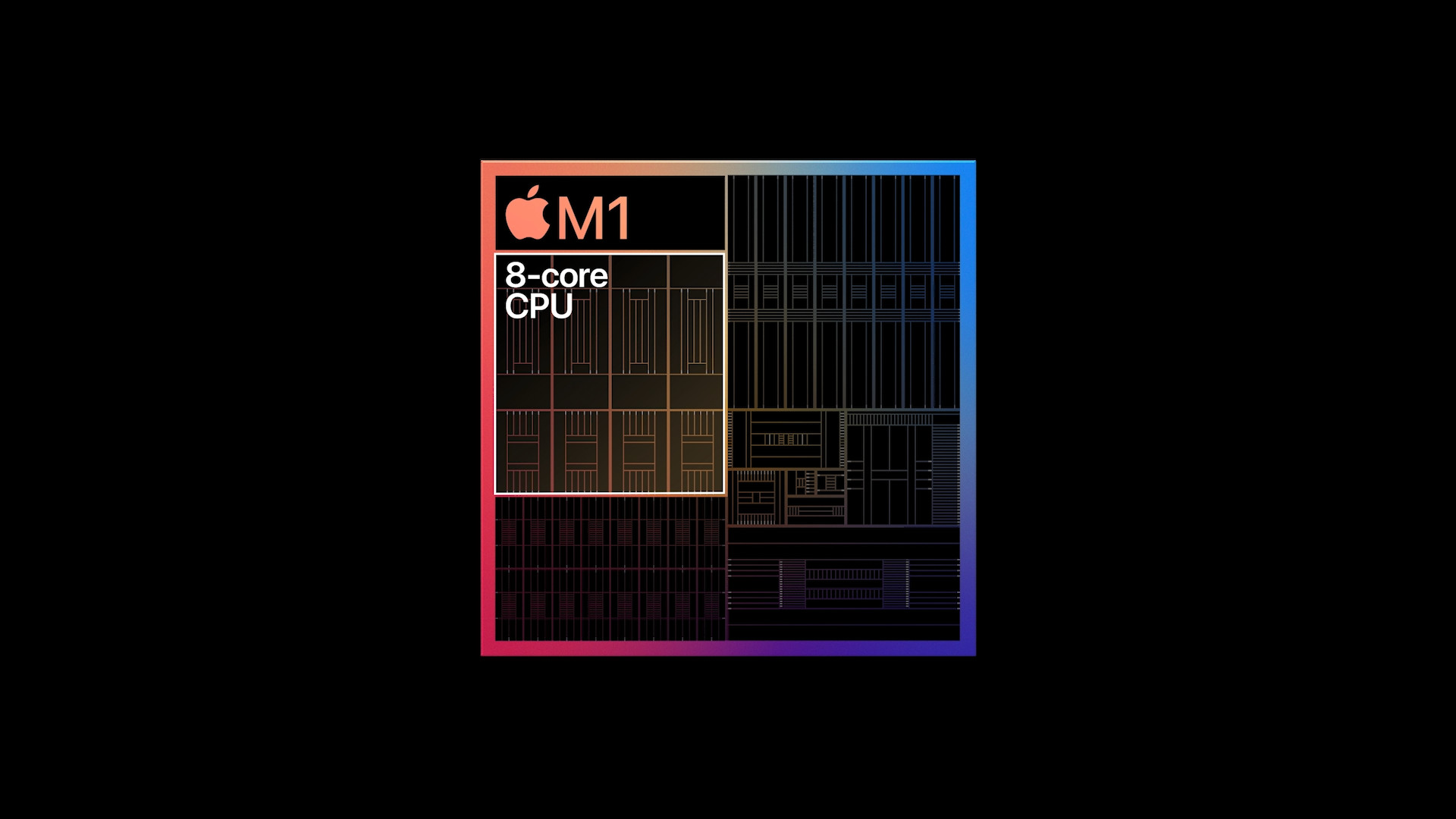
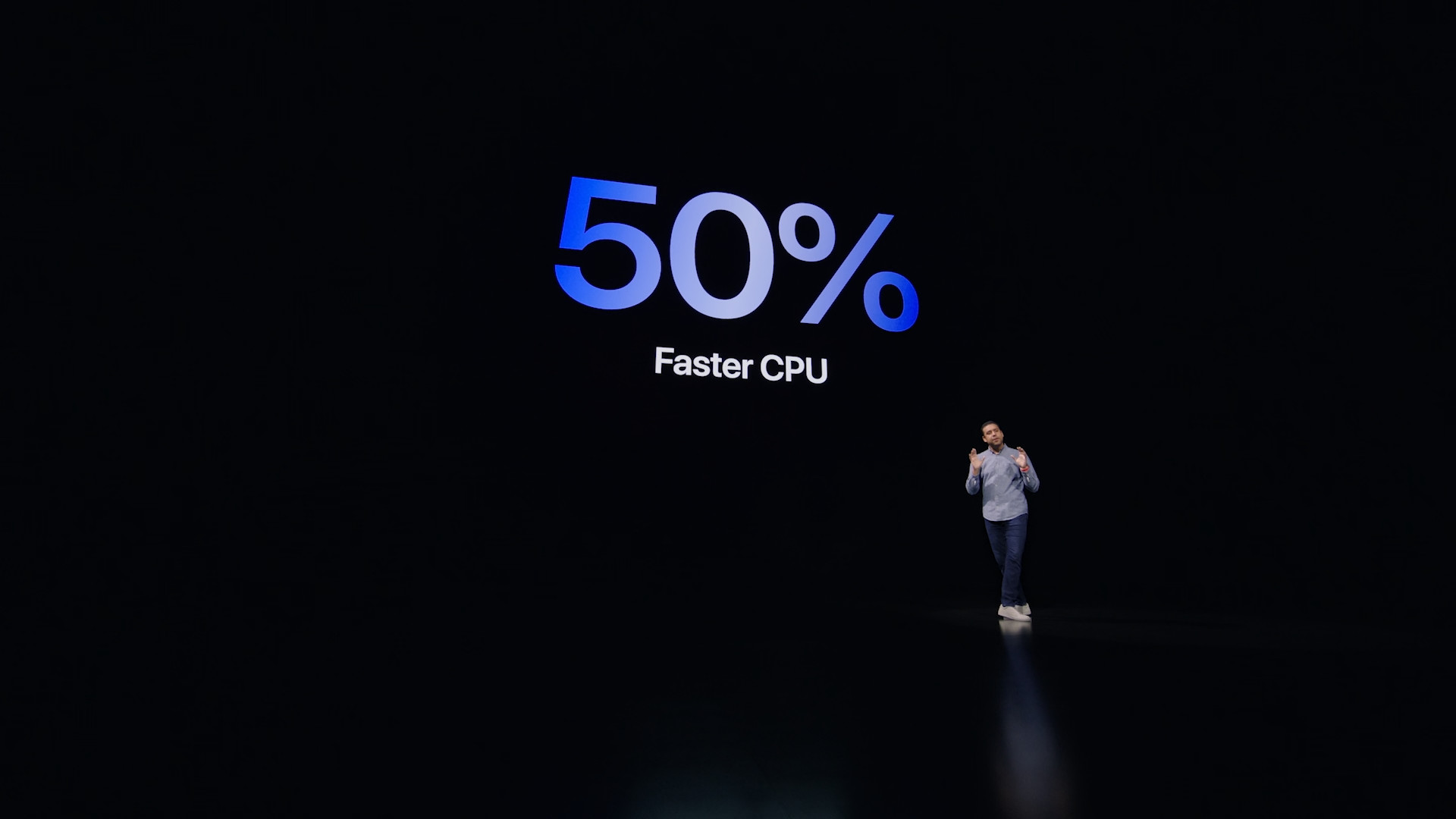
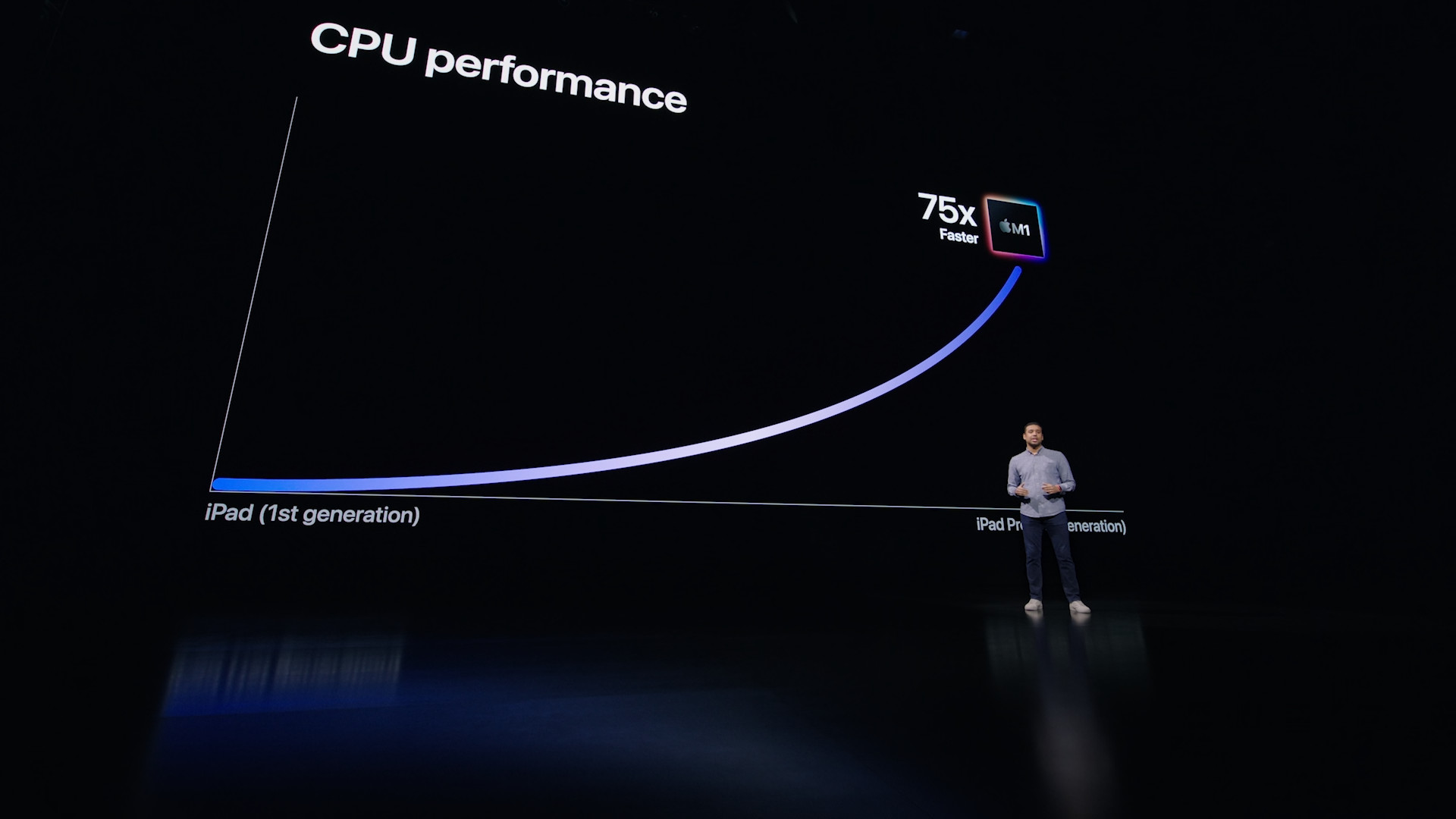
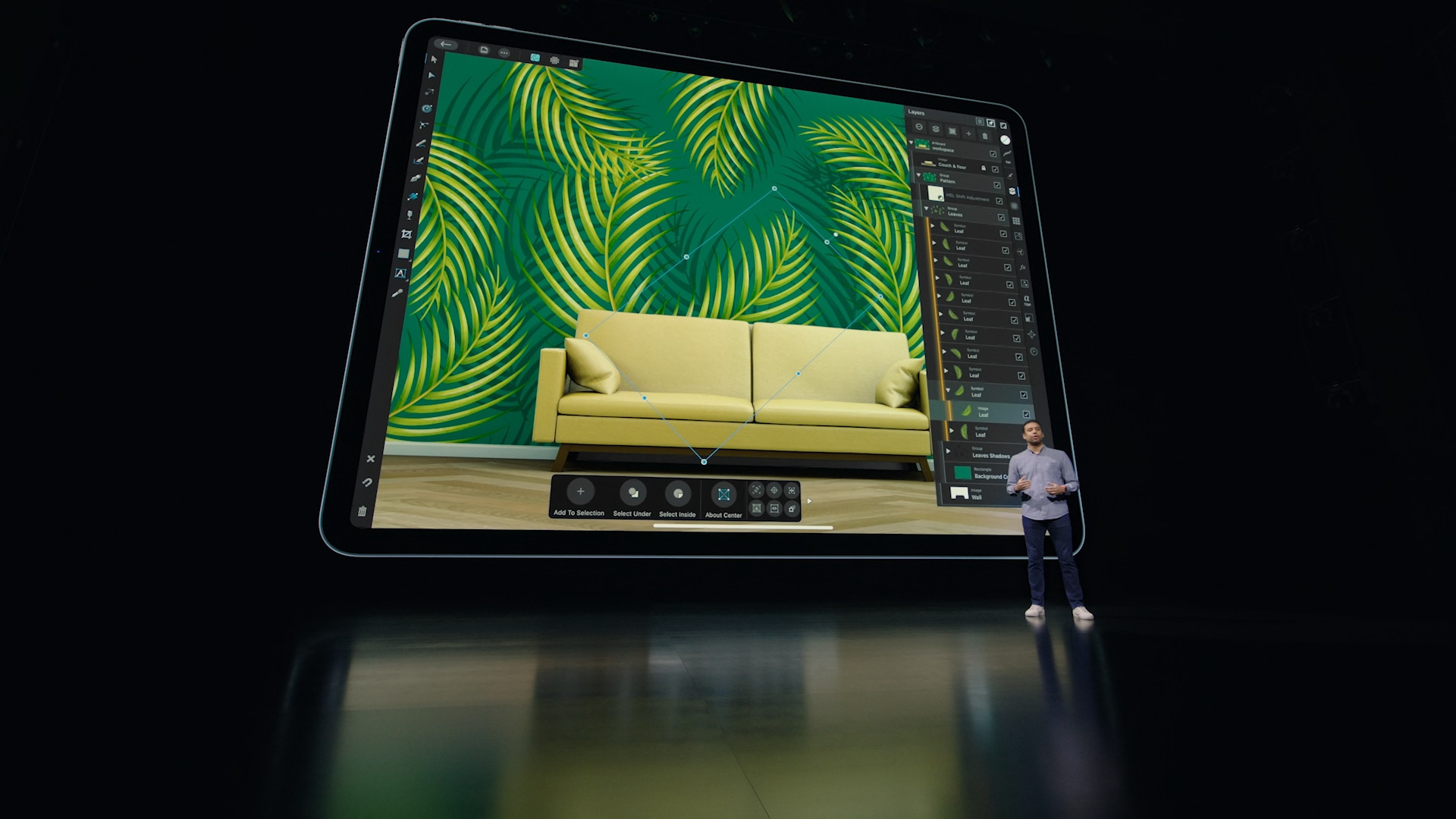
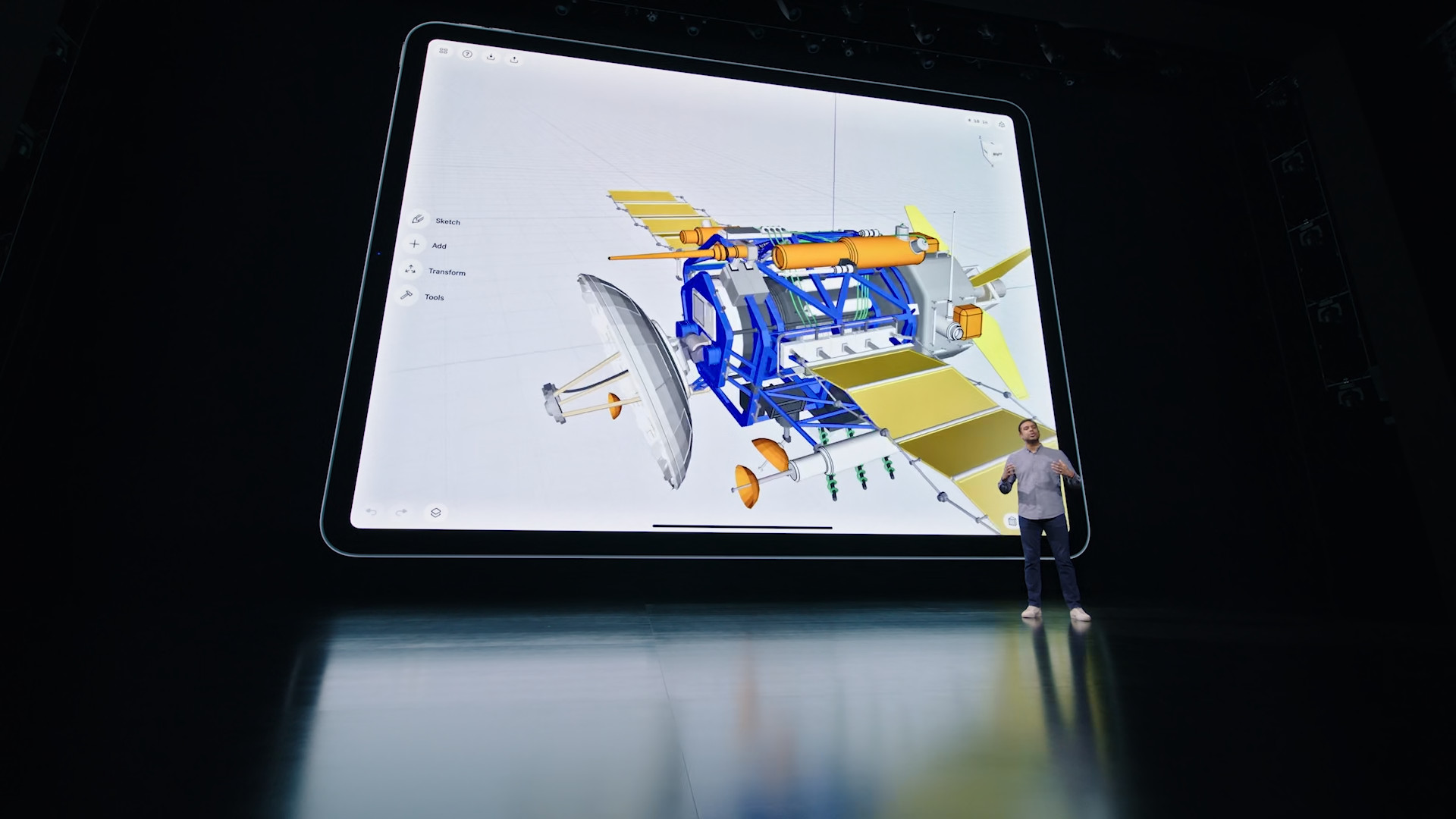
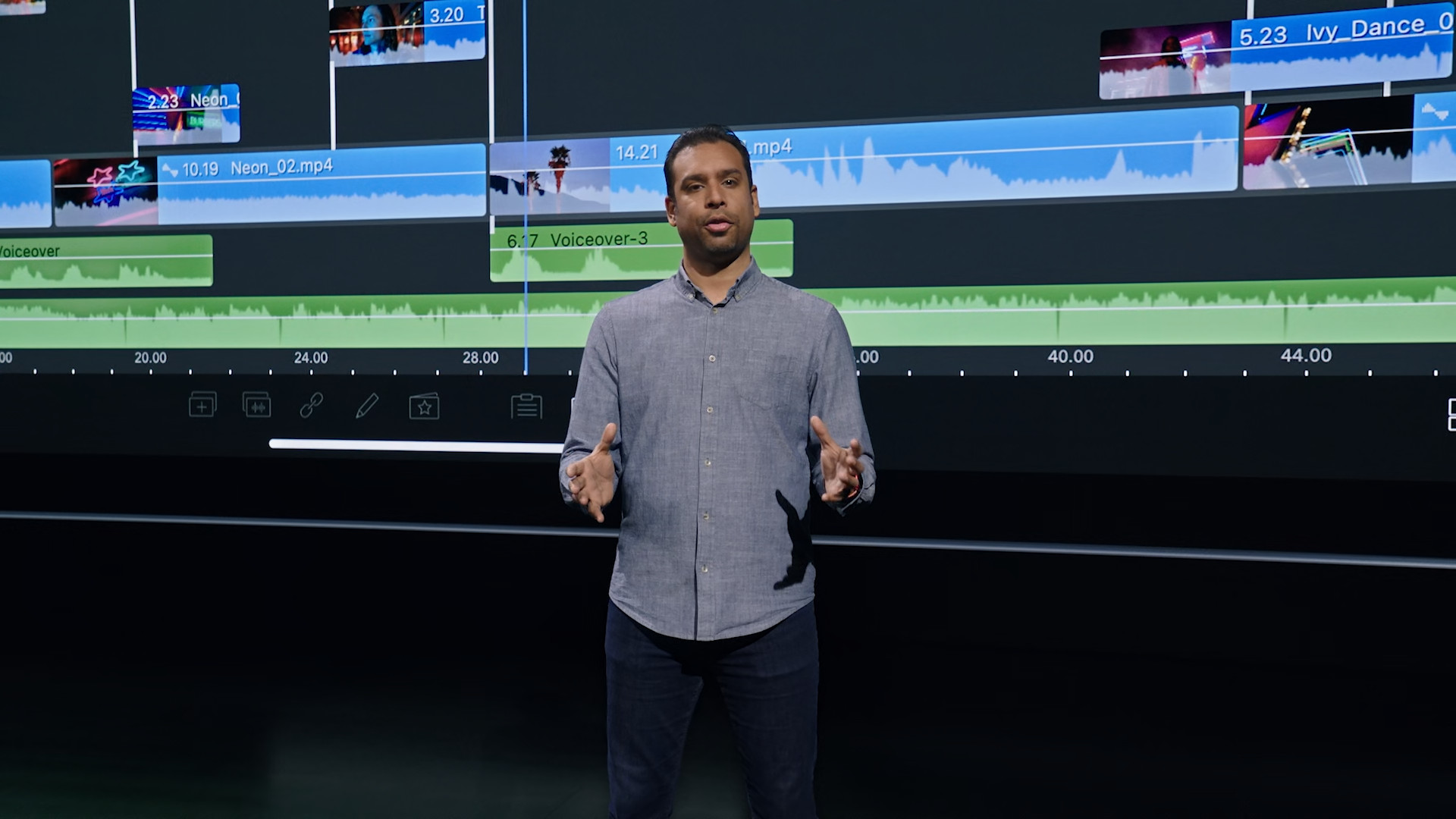
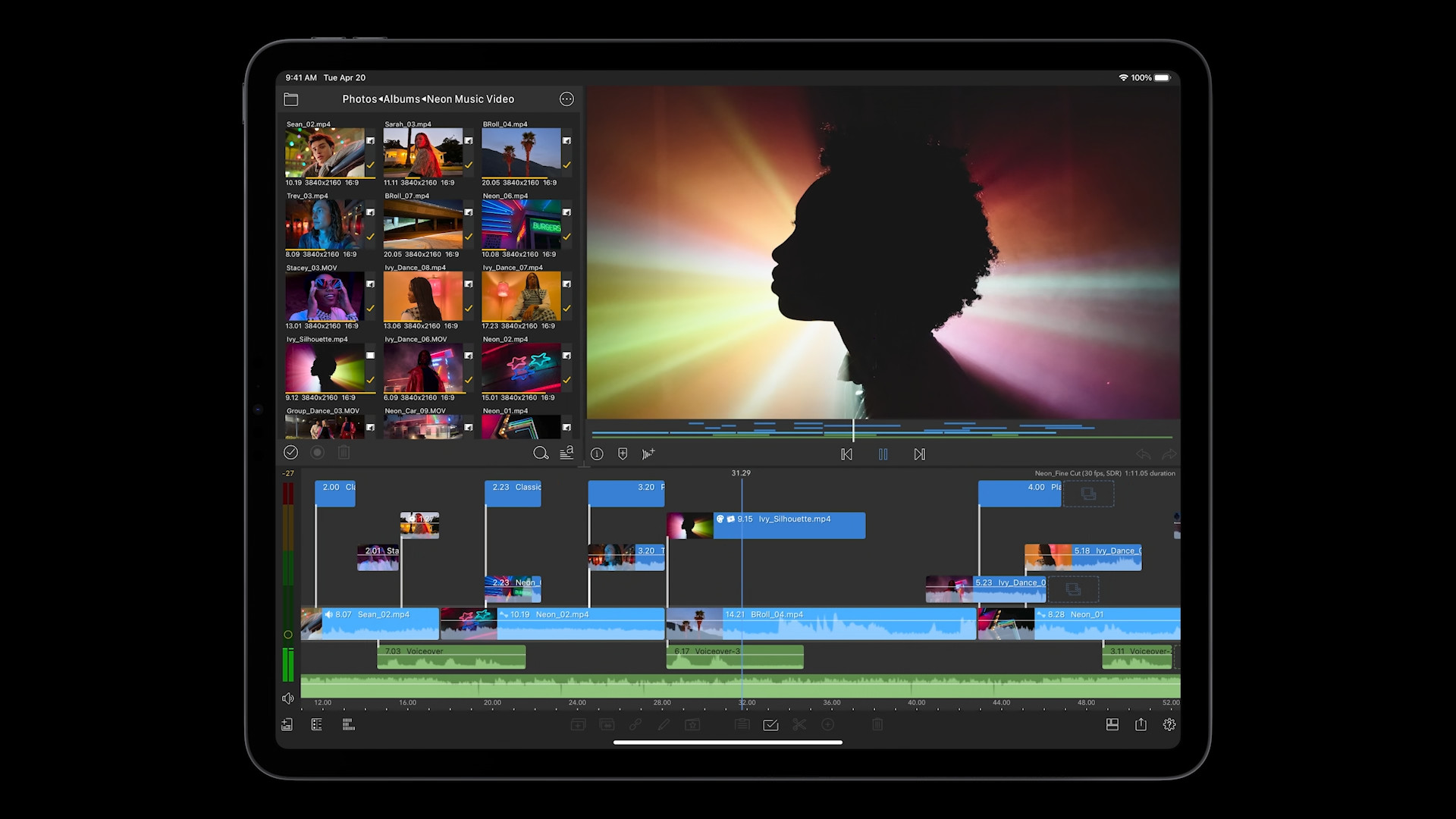

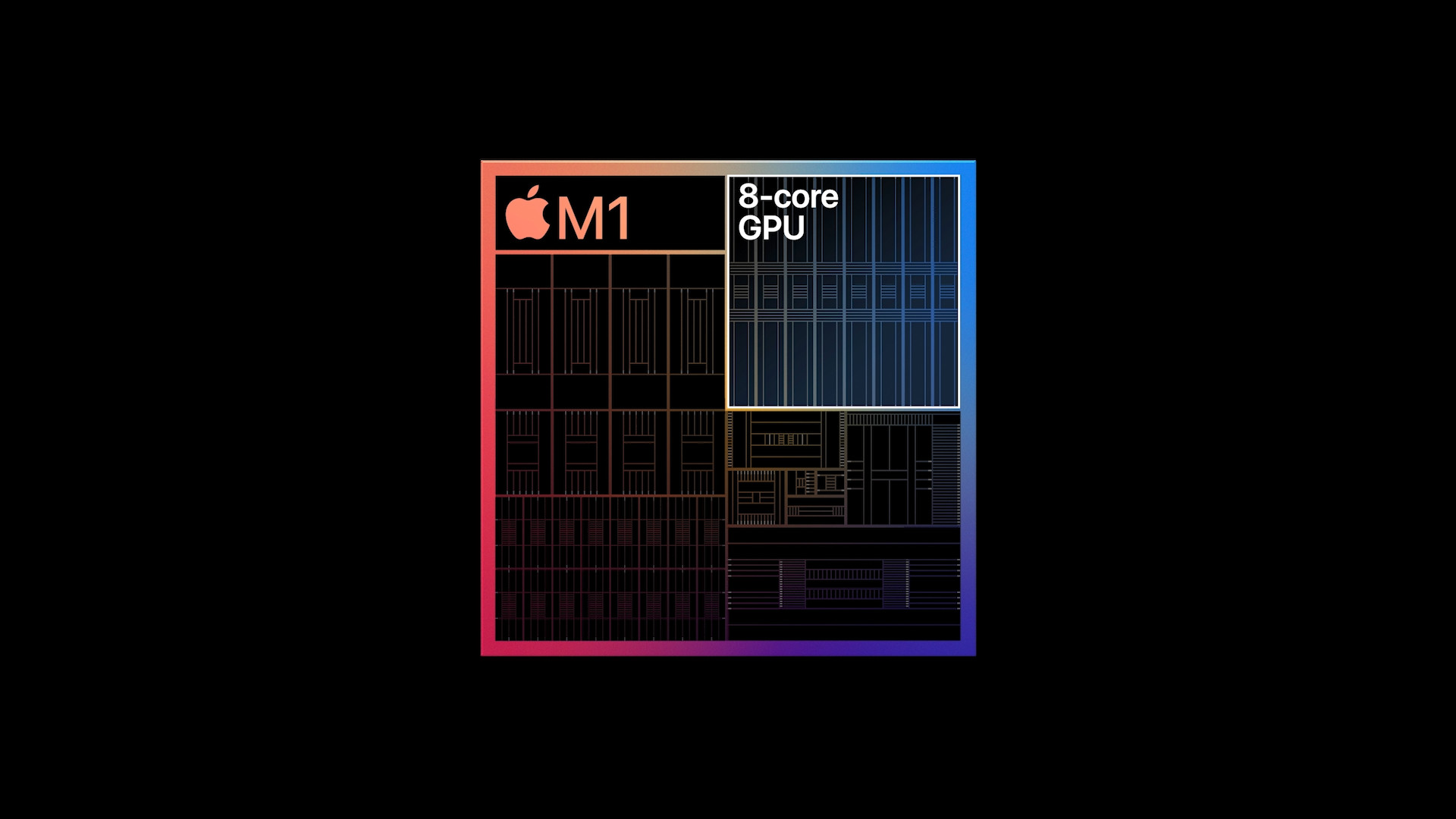
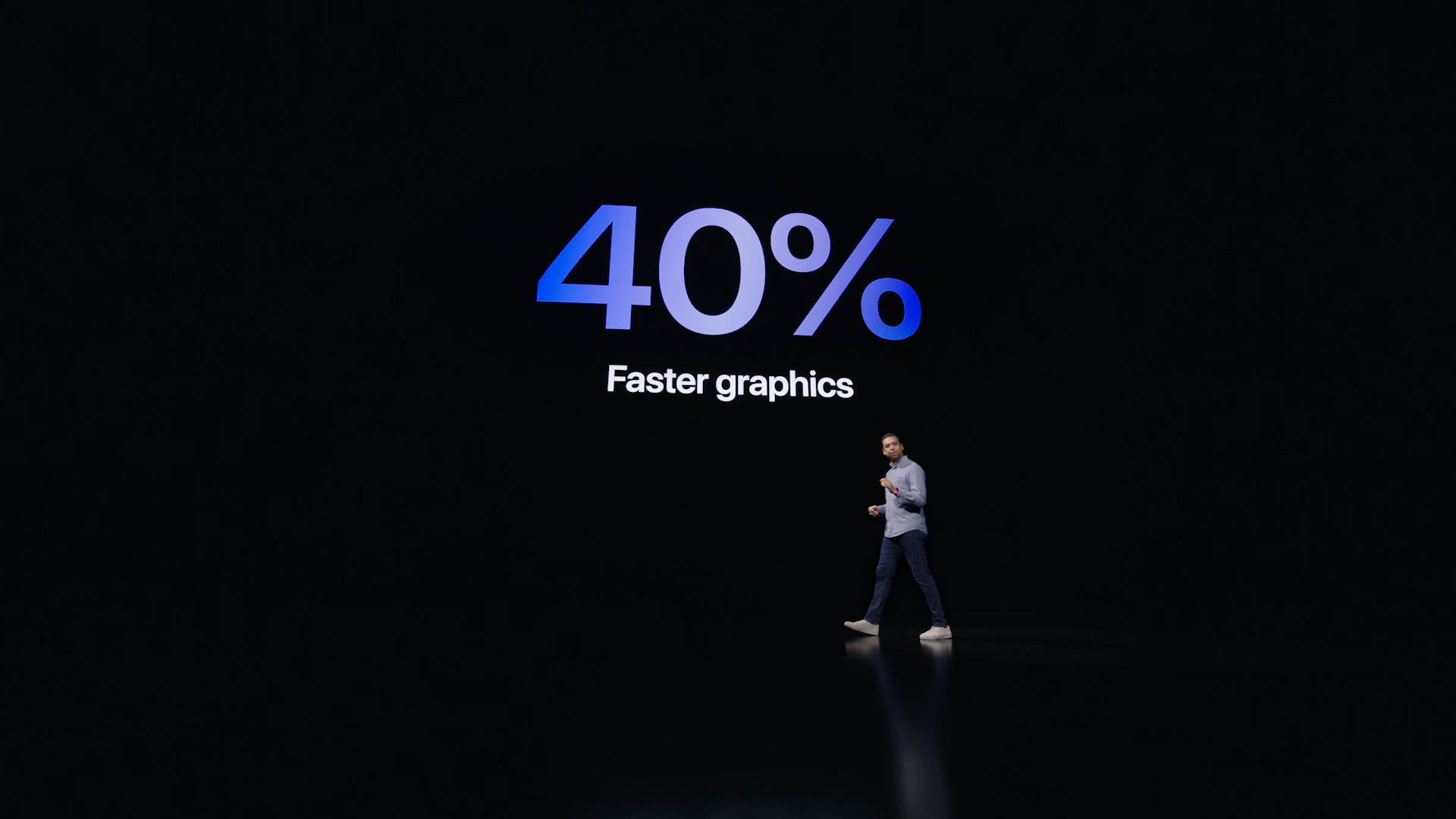
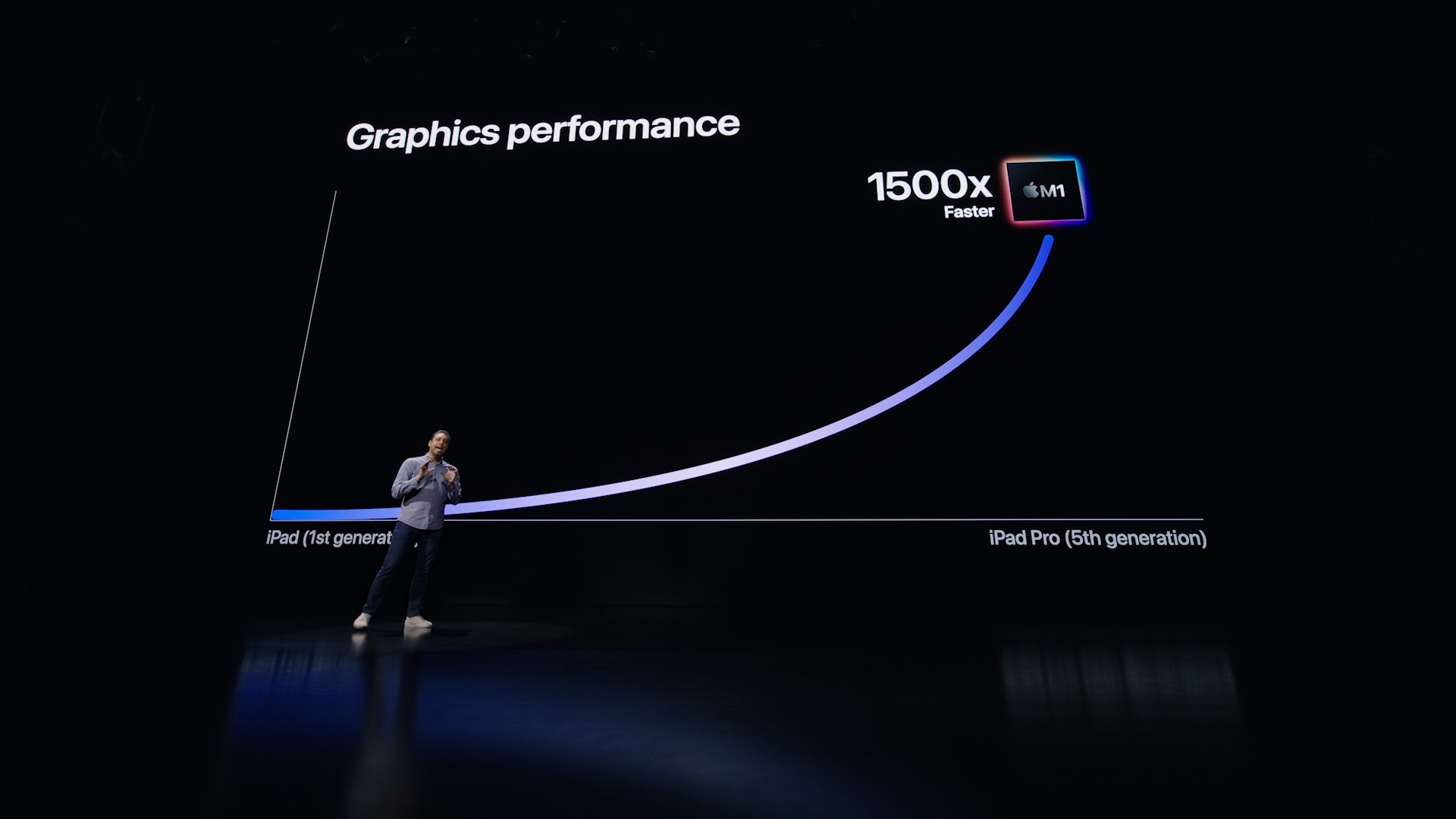
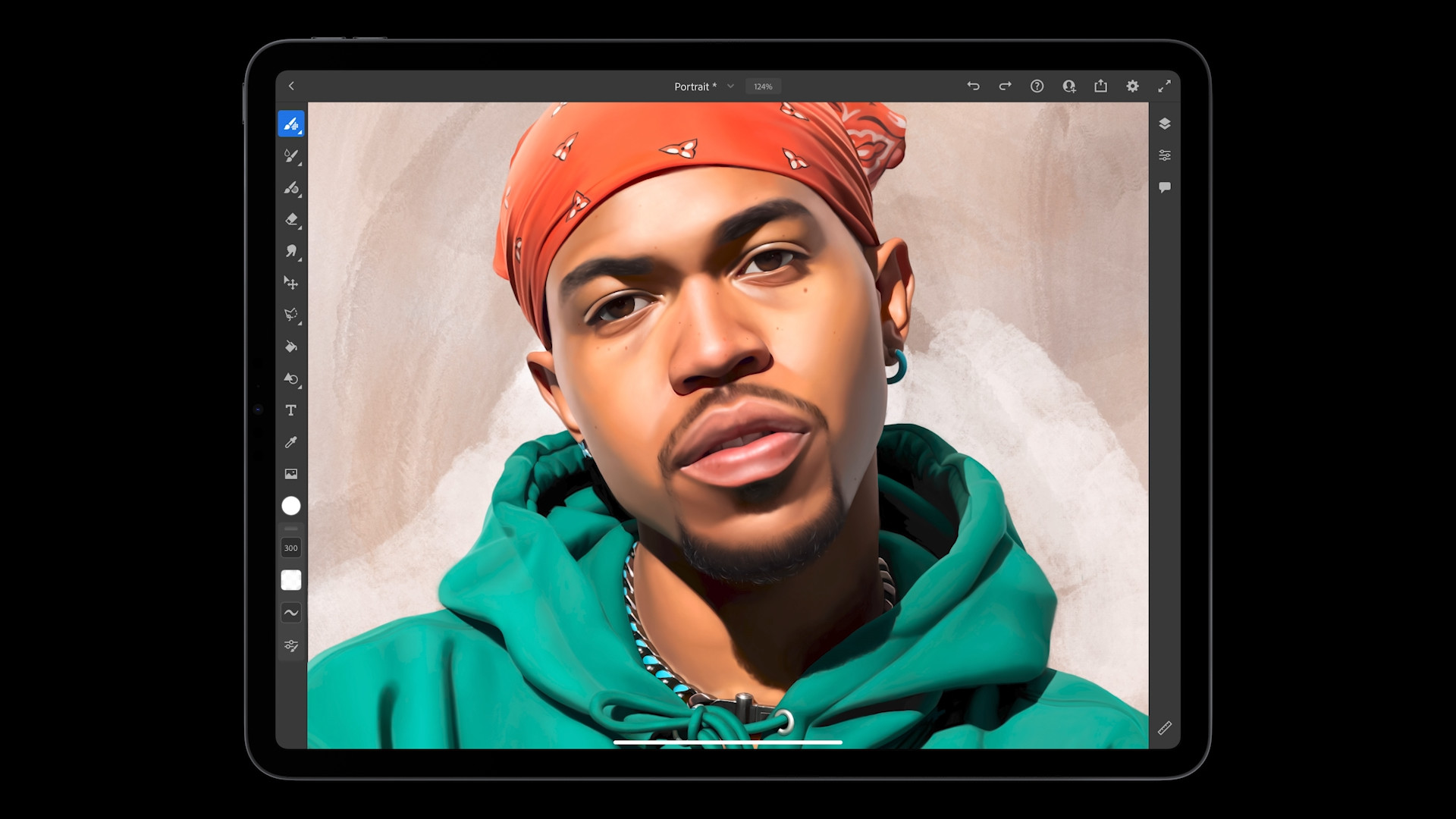
A colleague on the secondary server (lsa) would certainly explain to you how necessary and beneficial user tracking is. How you agreed with everything and how everything is "crystal clear" :D